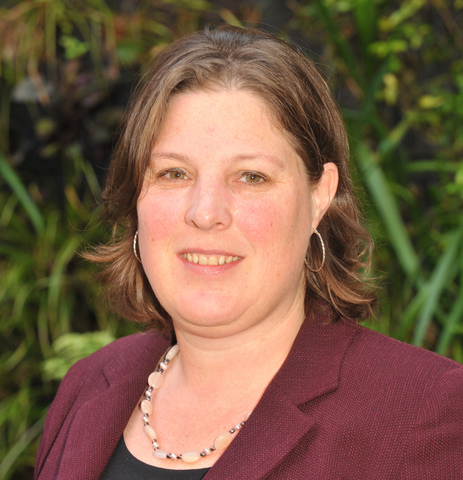Transition of the plasma programme
Statement from Dr Gail Miflin, Chief Medical Officer, NHS Blood and Transplant
The Department of Health and Social Care (DHSC) has asked NHS Blood and Transplant (NHSBT) to start collecting plasma for fractionation and the manufacture of medicines, for an initial three months. This will enable plasma donors to save the lives of people with rare diseases who have intravenous immunoglobulin as part of their treatment. This decision reflects the confidence in NHSBT’s staff and network, demonstrated throughout the pandemic.
The DHSC has also asked NHSBT to stop collecting convalescent plasma. This follows the completed analysis of trial results which showed no overall benefit for people in hospital with coronavirus, and a decision not to resource a third trial into plasma use early in the disease.
We will now begin to transition a significant part of our network over to collecting plasma for lifesaving medicines. Convalescent plasma donations will finish today, 18 March 2021. We are currently informing donors as quickly as possible. We will start collecting plasma donations for medicines at some centres early in April.
We are incredibly grateful to everyone who has donated. They have played a vital role in critical research. The trial results have enabled scientists all over the world to direct their efforts. People are choosing to help, given us their time, and many have overcome fears and anxieties. We cannot thank them enough.
We will need many of the people who donated convalescent plasma to now donate plasma for medicines. They will help save the lives of thousands of people in the UK.
We have built a fantastic plasma team over the past year. Our teams across the organisation have delivered a world leading programme and won endless praise from our donors, for their sensitive, professional and upbeat approach. They have worked through a personally challenging and constantly changing environment, always going the extra mile. They can rightly be proud.
We will be retaining 14 of the new plasma donor centre teams to collect plasma for medicines for the initial three-month request. We will seek redeployment opportunities for colleagues working on other plasma programme teams where possible. We have a responsibility to mitigate costs and sadly not everyone can be retained. We’re currently in the process of working with all teams effected.
The third convalescent plasma trial that was being explored, of early plasma use in people at higher risk, will not be resourced. The Therapeutics Taskforce said that it would not be beneficial to carry out additional trials at this time, based on the trial results and declining patient numbers. Plasma held in stock will be repurposed where possible for fresh frozen plasma, fractionation, or other treatments. We will continue to support the wider pandemic response through a range of programmes.
NHSBT has won praise from across the health sector. We have converted 23 blood donor centres to take plasma donations, opened 20 dedicated plasma donation centres developed new testing, manufacturing and supply methods and systems, and took the clinical lead for the UK. We have recruited and trained more than 1,000 new colleagues across donation, manufacturing, testing, donor experience and more. The programme’s successful delivery will enable NHSBT to achieve even more in the future.
Now, we can support the UK’s need for immunoglobulin medicines amidst global supply pressures. NHSBT already collects plasma as a byproduct of whole blood donations but a dedicated plasmapheresis programme will greatly increase NHSBT’s ability to provide plasma at volume. This will play an important part in reducing the UK’s reliance on international suppliers. Until the Government lifted a vCJD safety measure last month, plasma for these medicines could only be sourced from overseas.
Donation will be altruistic, for the benefit of the NHS. NHSBT will collect on a cost-recovery basis. The Government has introduced a new condition to ensure UK plasma is used for UK patients first and is not exported to meet contracts elsewhere. Plasma will be supplied to a fractionator through a contract with NHS England.